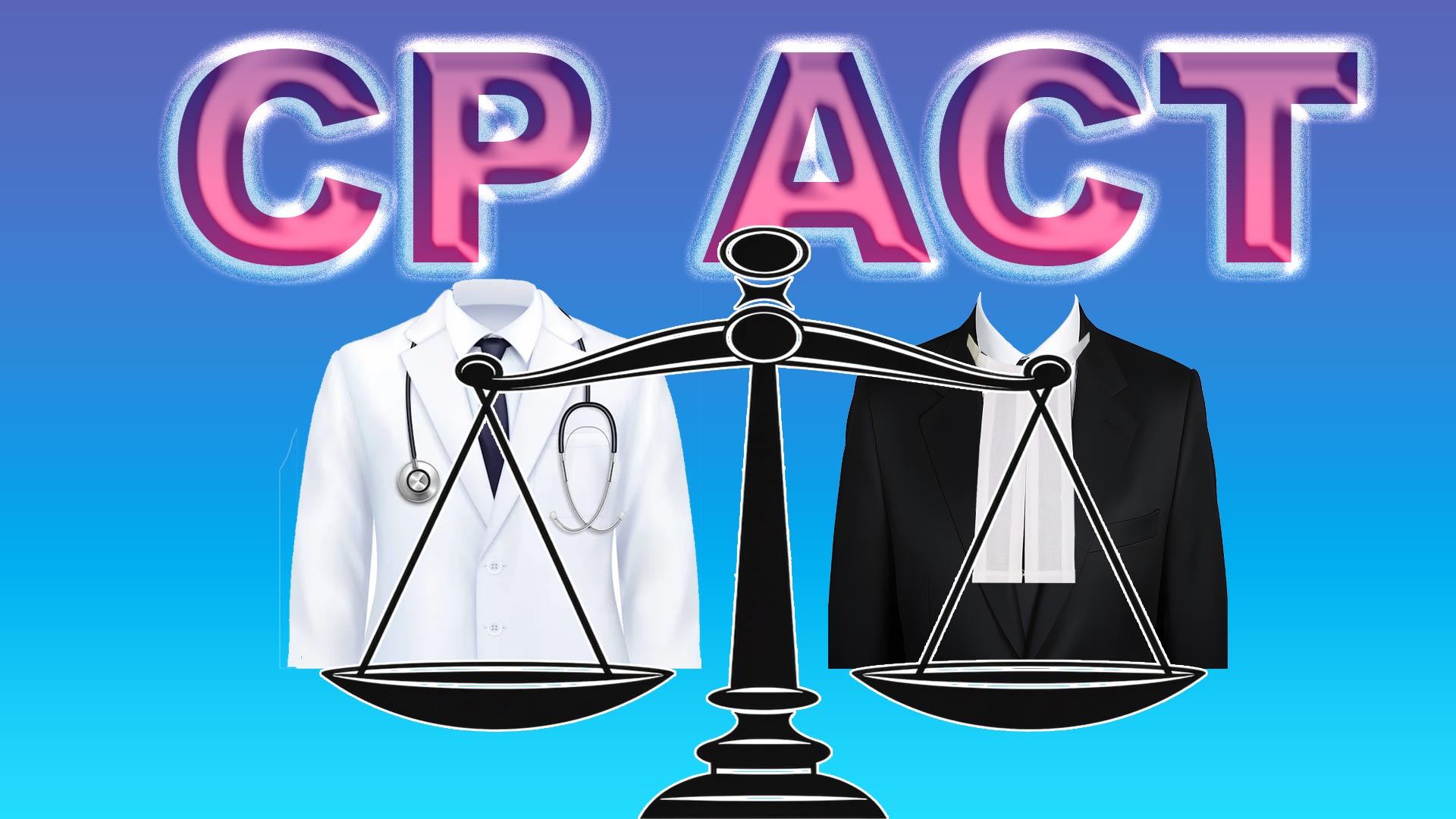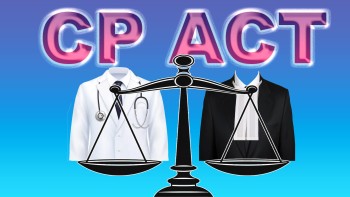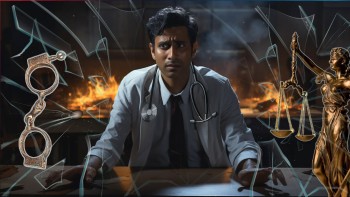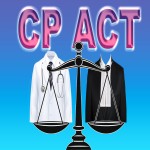The definition of “Service” contained in Section 2(42) of the CP Act 2019 reads as under: -
“Service means service of any description which is made available to potential users and includes, but not limited to, the provision of facilities in connection with banking, financing, insurance, transport, processing, supply of electrical or other energy, telecom, boarding or lodging or both, housing construction, entertainment, amusement or the purveying of news or other information, but does not include the rendering of any service free of charge or under a contract of personal service.”
As can be seen, the definition of ‘service’ is divided into three parts –
In the recent case related to inclusion/exclusion of legal services within the purview of the CP Act it was observed by the Bench that the service rendered by the Advocates practising Legal Profession could be said to be the Service under “a contract of personal service,” so as to exclude it from the definition of “Service” contemplated under the Act.
The bench mentioned in the order that When the relationship between an Advocate and his Client is observed from this point of view, the following unique attributes become clear:
1) Advocates are generally perceived to be their client’s agents and owe fiduciary duties to their clients.
2) Advocates are fastened with all the traditional duties that agents owe to their principals. For example, Advocates have to respect the client’s autonomy to make decisions at a minimum, as to the objectives of the representation.
3) Advocates are not entitled to make concessions or give any undertaking to the Court without express instructions from the Client.
4) It is the solemn duty of an Advocate not to transgress the authority conferred on him by his Client.
5) An Advocate is bound to seek appropriate instructions from the Client or his authorized agent before taking any action or making any statement or concession which may, directly or remotely, affect the legal rights of the Client.
6) The Advocate represents the client before the Court and conducts proceedings on behalf of the client. He is the only link between the court and the client. Therefore, his responsibility is onerous. He is expected to follow the instructions of his client rather than substitute his judgment.
Thus, a considerable amount of direct control is exercised by the Client over the manner in which an Advocate renders his services during the course of his employment.
The bench concluded-
All of these attributes strengthen our opinion that the services hired or availed of an Advocate would be that of a contract ‘of personal service’ and would therefore stand excluded from the definition of “service” contained in the section 2(42) of the CP Act, 2019. As a necessary corollary, a complaint alleging “deficiency in service” against Advocates practising Legal Profession would not be maintainable under the CP Act, 2019.
Interestingly when same arguments are applied to doctors as medical professional their services may also be considered under the category of "Contract of personal service" due to following reasons-
1) Doctors are generally perceived to be “Next to God” in Indian society and owe fiduciary duties to their patients.
2) Doctors are fastened with all the traditional duties that agents owe to their principals. For example, Doctors have to respect the patient’s autonomy to make decisions at a minimum, as to the objectives of the treatment.
3) Doctors are not entitled to do anything without express instructions from the patient.
4) It is the solemn duty of a Doctor not to transgress the authority conferred on him by his Patient through consent.
5) A Doctor is bound to seek appropriate instructions from the Patient or his authorized representative before doing any consultation or procedure which may directly or remotely, affect the health of the Patient.
6) The Doctor conducts procedure with consent of the Patient. He is the only link between the almighty and the patient in relation to sickeness. Therefore, his responsibility is onerous. He is expected to follow the instructions of his patient rather than substitute his decision. Thus, a considerable amount of direct control is exercised by the Patient over the manner in which a doctor renders his services during the course of his treatment.
Besides this in recent years patient have been given many rights. Sometimes these rights are used indiscriminately by patients and outcome of treatment gets adversely affected. Some of the rights are-
01. Consent- No doctor can perform any procedure on a consious,competent patient without his/her consent even if the procedure is life saving. In case of lawyers the vakalatnama is strength of advocates but in case of doctors consent limits the decision making powers of doctors.
02. Right to choose source of medicine, brand of medicine
03. Right to choose source of investigations
04. Right to second opinion
05. Right to choose alternative treatment even if its unproven/unscientific/risky/less beneficial
Then there are other factors that limit the control of medical professionals on the disease process and adversely influence the treatment outcome-
01. Substandard and spurious medicines
02. Inadequate healthcare funding by state
03. Inadequate man power and other resources especially in public hospitals
04. Package system of treatment especially in Pubkic Funded Health Insurance schemes which limit the treatment options for the treating hospital and doctors
05. Overburdened healthcare system especially public hospitals where time spent per patient by doctors is bare minimum (Compare with the judicial system where cases linger on for decades for same reason but doctors can not delay treatment)
06. Hostile work place, constant fear of violence
07. Myxopathy- many times patient continues to take treatment from different systems of medicine which affect the outcome
08. Non compliance- very few patients in india actually follow the advise given by doctors,eg its recommended that patients of Type 1 DM must check their blood sugar 2-4 times per day but this advise is never followed by the vast majority.
Considering all the above facts, if we compare the services provided by advocates and doctors to their clients, it becomes clear that it is not appropriate to discriminate between these two services in the context of the Consumer Protection Act. Recently, after advocates were excluded from the scope of the Consumer Protection Act, there has been a hope within the medical community that a larger bench of the Honorable Supreme Court will revisit the IMA vs. V.P. Shantha case. They hope that, like advocates, doctors and medical services will also be excluded from the scope of this Act.
Support us so that we could continue highlighting the better and brighter side of medical profession












Recent comments
Latest Comments section by users
Guest
May 21, 2024
Spot on. Must fight with full strength and vigor.